Who Was Genghis Khan?
Genghis Khan was born in 1162 and died in 1227. Khan was the founder of the Mongol Empire, which became the largest contiguous empire in history. He built a large empire and contributed significantly to creating China — the current developed country on the globe.
His empire stretched from China to Eastern Europe at its height. He was a master military leader and tactician who understood the power of psychological warfare. Genghis Khan instituted very strict laws, but also a policy of religious tolerance. This article will examine who Genghis Khan was and why he’s so important in today’s history.
Genghis Khan History
Genghis Khan was born in 1162, ‘holding a blood clot in his hand’ as claimed by legends who defined his birth as auspicious. He died in 1227. When he was a young boy, he was also known as Temujin, which means ironworker in the local language. According to history, Genghis Khan came from humble beginnings.
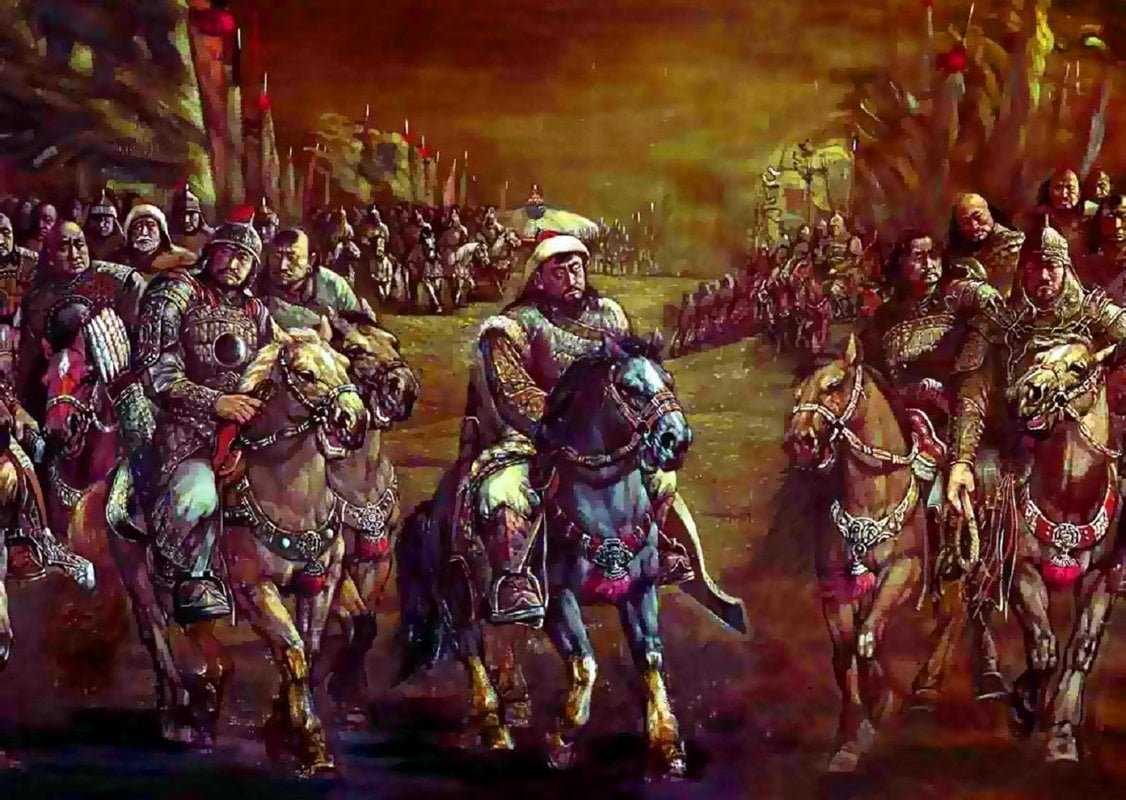
His father was a leader of his tribe, but another tribe killed him during warfare, and his wife committed suicide when he did so. It was then that, at the age of 10, he was considered the new leader of his tribe. He later married Borte, and they had four sons and one daughter.
His wife supported his reign when she introduced him to Jebe, an experienced military general who became an essential part of Genghis Khan’s reign.
The Mongolian Culture
Another reason for his reign was the influence of Mongolian culture. It was customary for the leader to take multiple wives, even if he was married already. Being labeled a polygamist, he married many times, eight in total, and had many children.
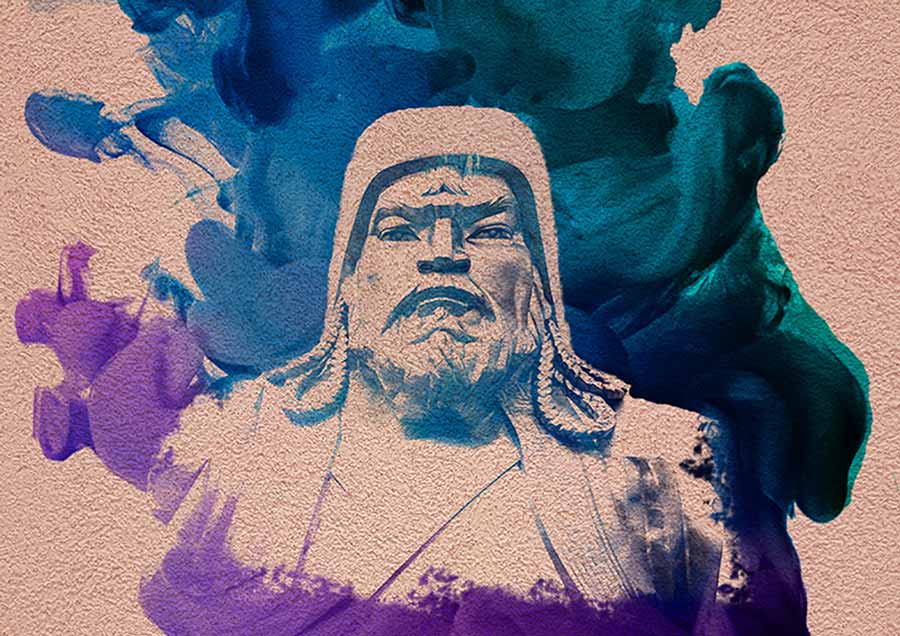
He also believed that he needed to have at least one son and teach them how to be good leaders before a man died. His children were taught the value of honor, courage, and strength that Genghis Khan showed during his conquests.
According to historians, he did not want to rule the country himself or anyone else, because of his fierce belief that the best leader is one who does not rule but guides others who will help him.
The Mongol Empire
Many people say that Genghis Khan’s legacy is his empire. It was created during one of the greatest conquests in history.
The empire helped spread culture, languages, and religion throughout Asia, Europe, and parts of Africa. He created the empire during Genghis Khan’s conquest of Tibet, China, and Persia in the 1200s.
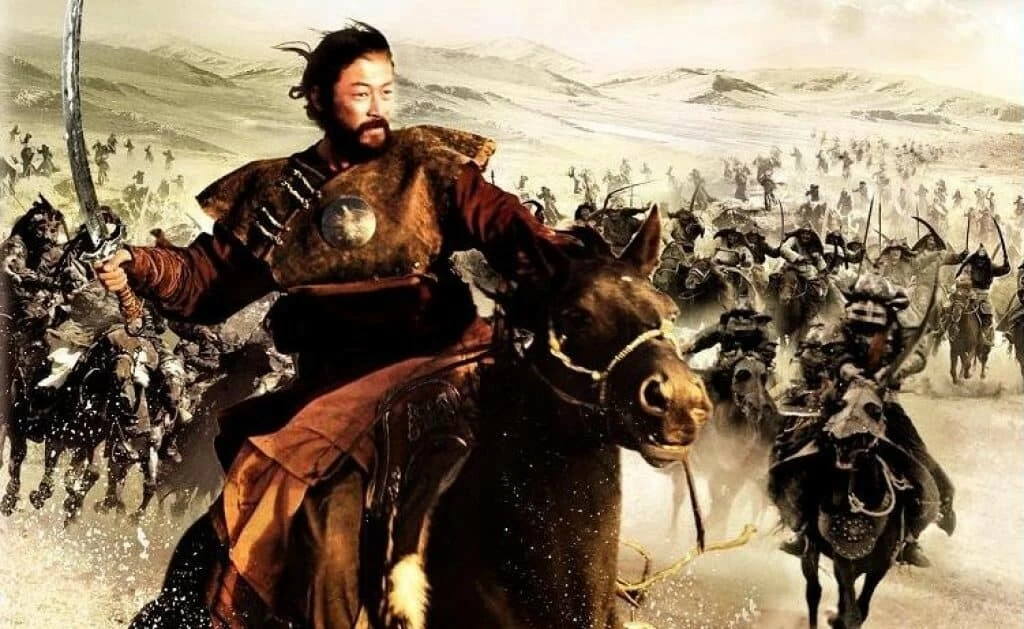
It was made up of different tribes that he united through his military leadership and strength. During his conquests, he used his army to destroy the culture and economy of the countries but then used this as an opportunity to rebuild them so they could contribute to his empire.
The Birth of the Mongol Empire
In 1206, Genghis Khan made a new nation called the Mongol Empire. It was located in Mongolia, Tibet, and China. During this time, he grew the area by conquering more cities and tribes that were not a part of the empire.
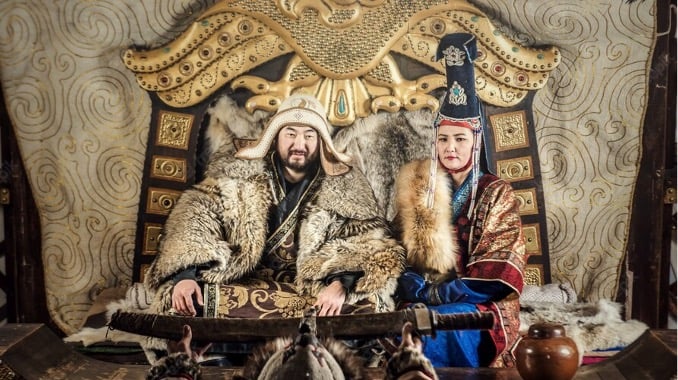
He also made these nations pay taxes to him and made them work for him. He used this money to expand the Mongols’ military force, making it stronger.
Genghis Khan Contributions
Genghis Khan contributed significantly to today’s history, including culture, warfare, governments, economics, and freedom. Genghis Khan was not afraid to take risks and make his own decisions.
According to historians, before he died in 1227, he had conquered one-third of the world and two-thirds of Asia.
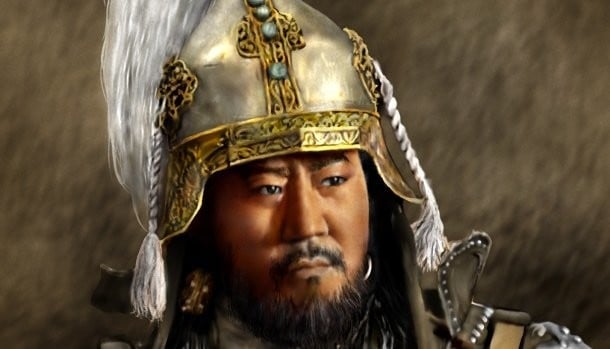
During his reign, he also helped build the country known today as China. He helped them become a major country globally, making their economy and government almost as advanced as Western Europe, where he lived.
Genghis Khan's Military Tactics
Genghis Khan’s conquests can be explained by his use of mountaintop punitive expeditions, predatory warfare, and sedentary tactics. They employed Mountaintop punitive expeditions to terrorize the locals into submission and rebellion against the leaders.
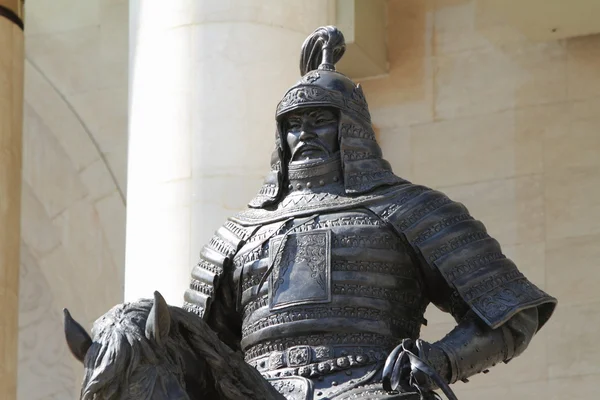
Needless to say, he was ruthless and tactile in his assaults. There is a reason why we still read so much about a man who lived so very long ago.
Mongol Cavalry
The Mongols were very influential in warfare because of their mounted cavalry. Genghis Khan’s most significant change for his army was when he began conquests. He wanted his military to become more mobile and to be able to strike at any time, not just on the battlefield.
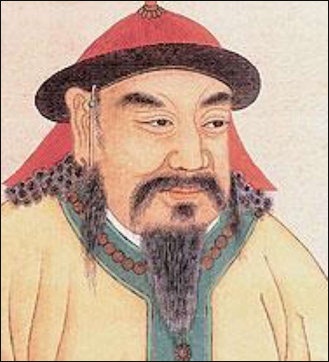
He changed his army’s strategy according to what he wanted to accomplish.
Genghis Khan's Death
Genghis Khan died in August of 1227, right before his son Ögedei Khan took control of the army. It is believed he died of alcoholism. One day while Genghis Khan was hunting with one of his sons and two of his generals, a group of soldiers attacked them.
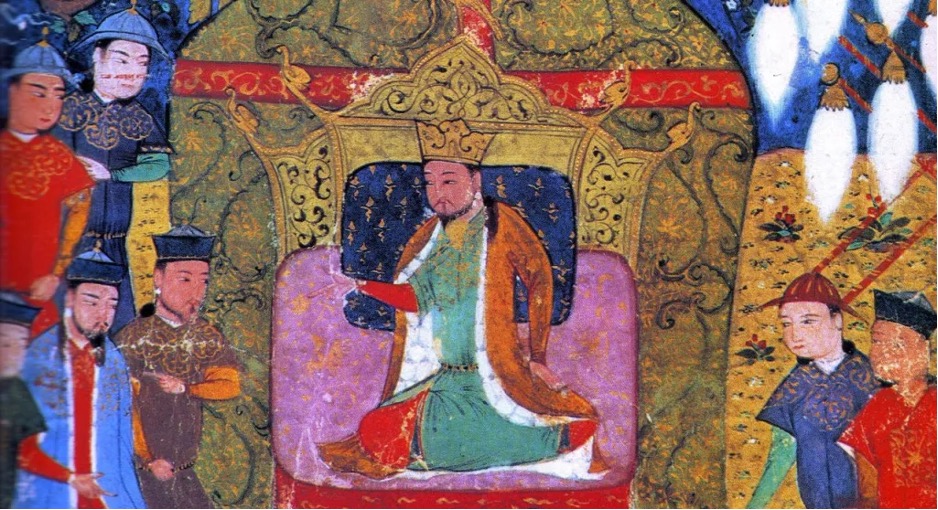
Genghis Khan suffered from internal hemorrhaging, which ultimately killed him. It is said that he fell from his horse, tearing a blood vessel. He was rushed to a nearby nomadic tribe’s shaman for treatment. The shaman attempted to heal the wound, but he died three days later, on August 18, 1227.
Genghis Khan's Life after Death
Even though Genghis Khan did not wish for anyone else but himself to rule during his lifetime, he continues in history through the people he touched in life and after death. After his death, he became a hero to the Mongols. Although he died over 700 years ago, his name remains relevant today, and his influence can still be felt in many corners of the world.
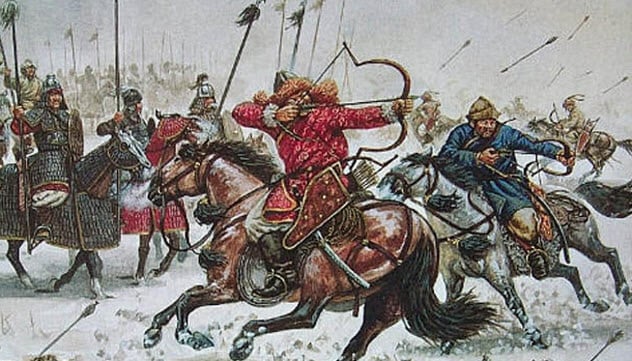
They continued to worship him, some even believing that he had gone to heaven where three new khan’s ruled the world. People kept his memory alive through stories and songs passed down through the generations. The creation of many statues across China and Mongolia and sites with his name shows that people still wanted to pay tribute to his legacy.
